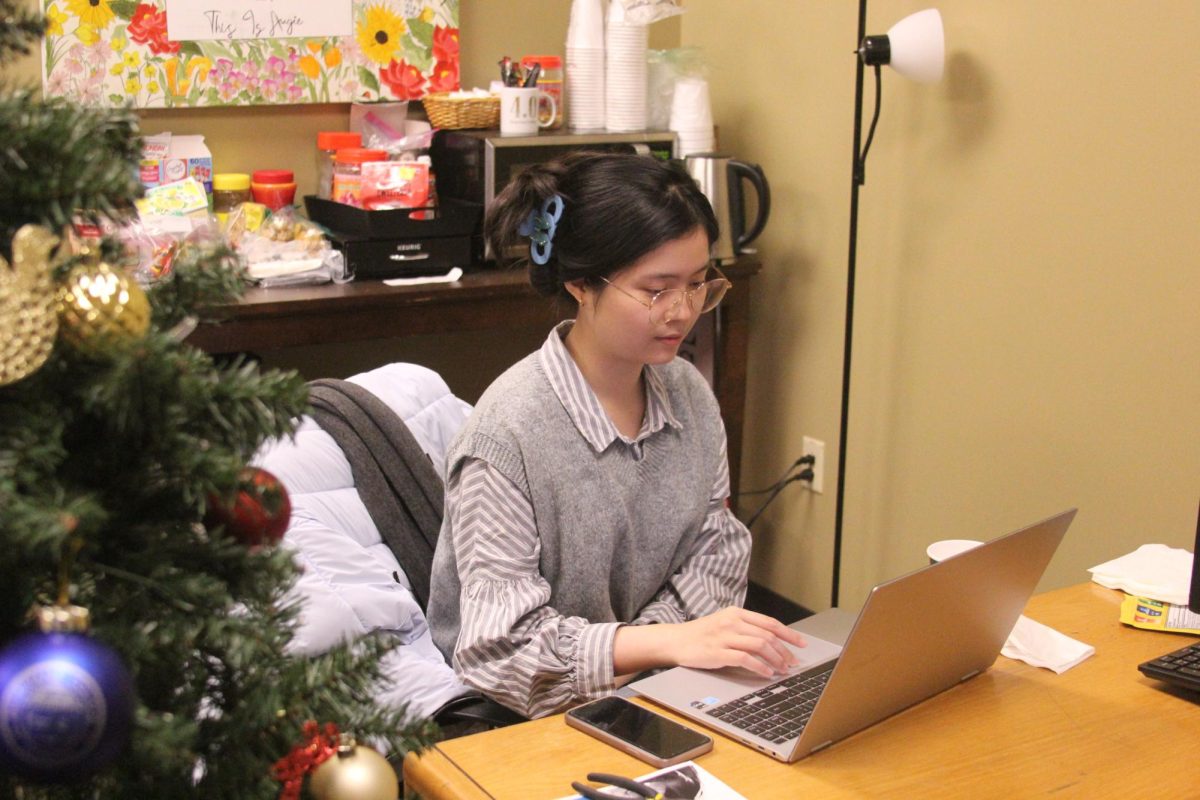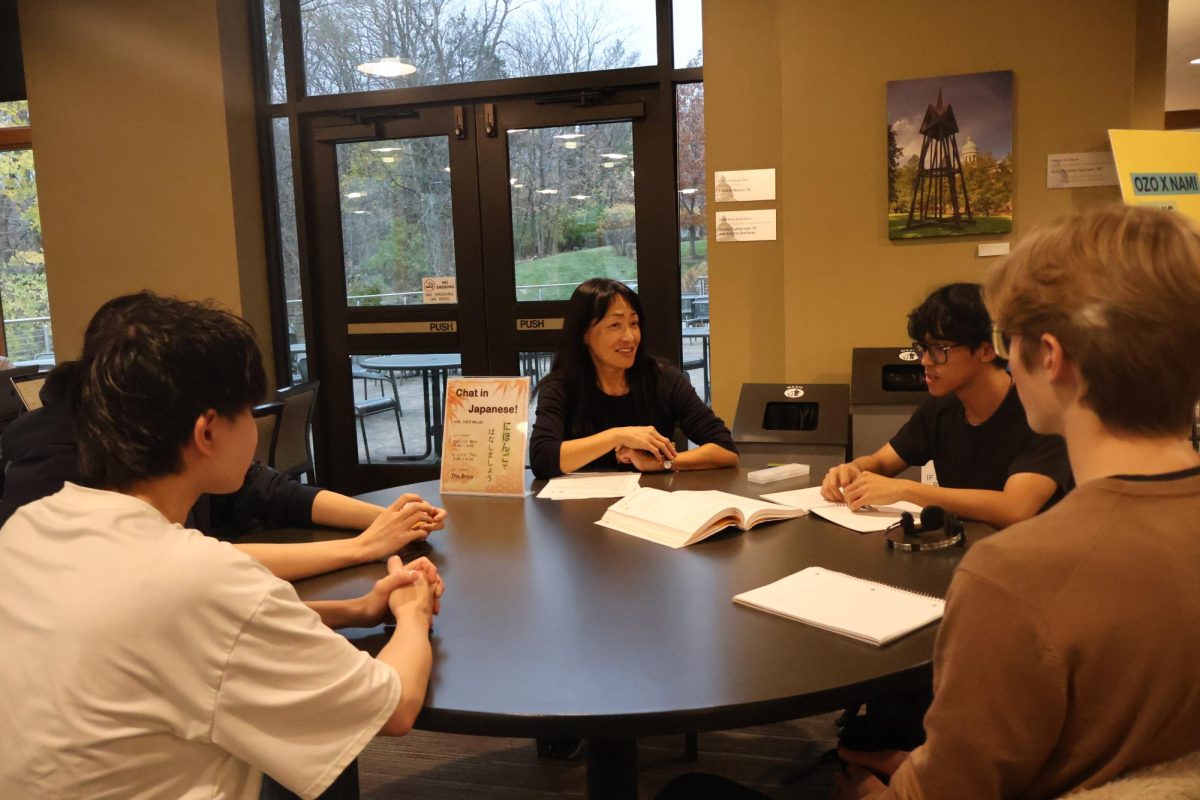International students offered more time to declare a major at Augie
March 19, 2022
These days, Augie’s first-year students are in the process of declaring their majors and minors, which is a really hard decision. That decision is especially difficult for international students like myself, since there is a great variety of combinations we can choose from compared to those of our countries’ educational system.
In most Asian countries, students who wish to pursue undergraduate degrees at a public school have to take the national university entrance examination as the main university admission method.
For example, in Vietnam, the examination is normally held only once a year around July after students end their senior academic year in high school, and the expected majors list must be registered before the exam. There is another chance that students are able to adjust major aspirations or major order after they receive their test results. So, the whole process of choosing and getting accepted to a desired major is before enrollment in a university.
But most noticeably, a student can only be accepted to one major of a certain school, which means there is nearly no chance to double or triple major.
The question may arise in your head: how can you change your major if you’re no longer interested in what you’re learning?
The answer is that you have to take the test next year and go back to the drawing board. The new result will be given based on the benchmark score of each department or major in the university, which differs each year.
Compared to most Asian universities, U.S. liberal arts colleges or public universities provide students with more time — potentially in the first 2 years of college — and chances to independently explore interests and declare their majors.
Despite the fact of these benefits that U.S. colleges offer, not all agree.
“I think in Vietnam you have a wider range of choices in terms of studying what you like. But in the United States, those are limited with different factors,” Minh Nguyen, a first-year from Vietnam, said.
“For example, financial concerns, the range of schools available for international students and the strengths and weaknesses varies from university to university, which limits international student’s choices,” Nguyen said.
For international students, scholarships and financial aid packages could be considered as the most important factors in choosing which school to land. But will this affect one’s choice of majors as each college has their own strengths in several specific fields, and the school which offers a student admission letter may not have a strong program in that field.
“I believe that the strength of the school only plays a partial role for students to declare their major as it’s not always about studying something that you like,” Nguyen said. “Moreover, things have changed in recent years as the standard of universities in Vietnam increases. The gap of domestic graduates from top government-owned and international universities with Vietnamese students who studied abroad has been narrowed.”
From most of my talks with international students at Augie, their intention would be to major in at least one STEM major to fortify their chance of landing in a good job, earning experience in the U.S and becoming competitive in their countries’ labor workforce. All of which seem to be a good plan to earn back the massive amount of money invested in their education.




































































































